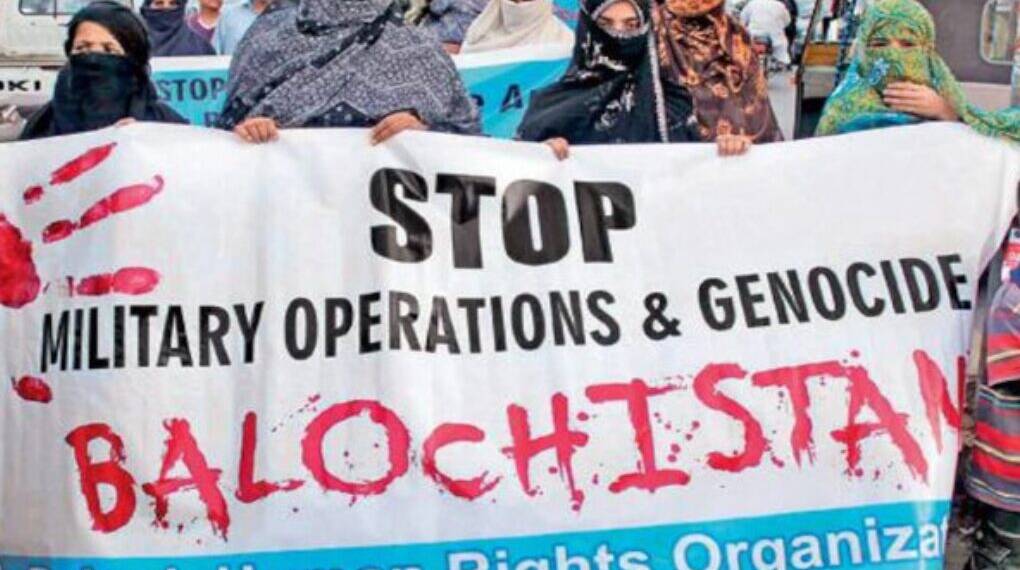Balochistan, Pakistan’s largest and most restive province, continues to reel under the weight of enforced disappearances and extrajudicial violence—a crisis that has devastated countless families and fueled a climate of fear and mistrust.
The recent killing of Zeeshan Zaheer, a young activist whose life was shaped by the disappearance of his own father, has once again brought this grim reality into sharp focus.
A Family’s Loss Becomes a Movement
Zeeshan Zaheer’s activism was born out of personal tragedy. At just 11 years old, he lost his father, Zaheer Ahmed, who was reportedly abducted by Pakistan’s Frontier Corps in 2015. With his mother and newborn sister Adeeba, Zeeshan grew up yearning for answers and justice.
As he matured, he transformed his grief into activism, becoming a prominent voice in the campaign against enforced disappearances in Balochistan. Zeeshan and Adeeba were regular faces at protests and rallies, demanding the safe return of their father and thousands of other missing Baloch.
The Fateful Day
On June 29, 2025, Zeeshan was returning home from a football match when he was allegedly abducted by men in a black vehicle with tinted windows—widely believed to be linked to state-backed armed groups. The following morning, his family’s worst fears were realized when his bullet-riddled body was discovered near their home.
The news sent shockwaves through the community, prompting immediate protests and road blockades as friends, family, and fellow activists demanded accountability.
The Shadow of “Death Squads”
Zeeshan’s story is tragically familiar in Balochistan, where activists and locals speak of “death squads”—shadowy militias allegedly supported or tolerated by state agencies. These groups are accused of carrying out abductions, targeted killings, and other abuses, often with impunity. Activists claim these militias are used to suppress dissent, silence campaigners, and intimidate entire communities, all while providing the state with plausible deniability.
A Climate of Fear and Impunity
The operations of these groups have created an environment where anyone who dares to speak out—especially about enforced disappearances—can become a target. Reports suggest that these militias, sometimes composed of locals, act above the law, engaging in criminal enterprises such as drug smuggling alongside their campaign of intimidation and violence. Women, too, are at risk, facing threats of abduction and sexual violence.
A Broader Pattern of Violence
Zeeshan’s fate is not unique. Human rights organizations have documented thousands of cases of enforced disappearances, torture, and extrajudicial killings in Balochistan over the past two decades.
Families of the missing continue to stage protests, hold vigils, and demand justice, but their calls are often met with silence or further intimidation. The lack of accountability has only emboldened those responsible, perpetuating a cycle of violence and fear.
The Urgent Need for Justice
The killing of Zeeshan Zaheer is a stark reminder of the human cost of impunity in Balochistan. His life, marked by the search for his missing father and the struggle for justice, ended in the very violence he sought to end.
For countless families across the province, the search for their loved ones continues, underscoring the urgent need for independent investigations, accountability, and meaningful reform. Only by addressing these deep-rooted injustices can hope be restored to a region long denied peace and justice.





